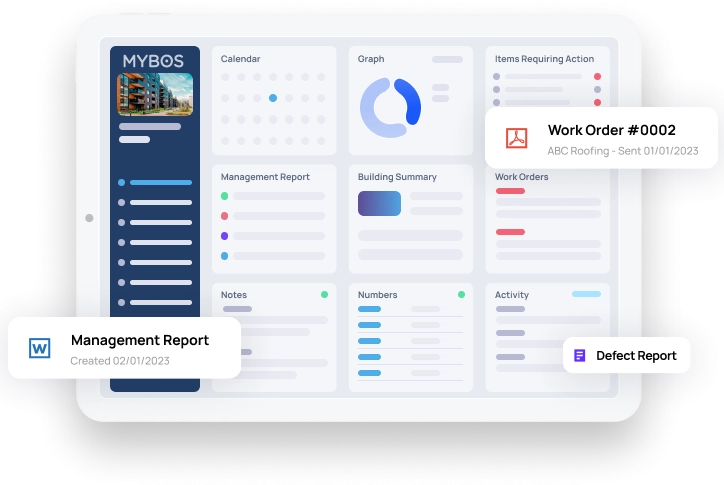
Office vacancy in Melbourne stays at a national low
This August it was revealed that office vacancies in Melbourne’s CBD are at a national low. According to a report from the Property Council of Australia, since 2018 office vacancies in Melbourne’s CBD have fallen to 3.3%, significantly lower than the 2018 national average of 9.1%. Below we take a look at what causes the vacancy drop and analyse what this means for building managers in Melbourne.
What caused office vacancy to remain at a national low?
The Property Council of Australia does not attribute the national low to one particular factor, rather they speculate that population growth, stock market withdrawal and a general higher property demand have caused the vacancy drop.
Cressida Wall, Victorian Executive Director for the Property Council of Australia, has spoken out publicly to announce how the Australian government will react to this drop stating, “By 2023, Melbourne CBD will supply approximately 650,000 sqm of new commercial stock”. This may seem like positive news, but Wall also added: “However, half of that stock is pre-committed and there is little to no new office space in the pipeline beyond 2023.”
Office space development in Melbourne has fallen since changes to C270 planning controls, which were introduced in 2016. Wall believes that the state government must announce changes to C270 to truly rectify the vacancy problem in Melbourne.
How will this affect building managers?
Building managers may have to deal with disgruntled clients who wish to expand but do not have the option to. To prevent tenancy problems, building managers should be proactive with preventative maintenance and help develop office spaces for their clients that meet their needs. Using software such as MYBOS, building managers can focus on creating a sense of community for their clients, safe in the knowledge all the logistics of building management are being taken care of for them.
More information on MYBOS can be found here. Ultimately, for building managers, the vacancy drop can be seen as a positive as they will be able to find tenants much more quickly and can use this opportunity to build positive relationships with their tenants.




